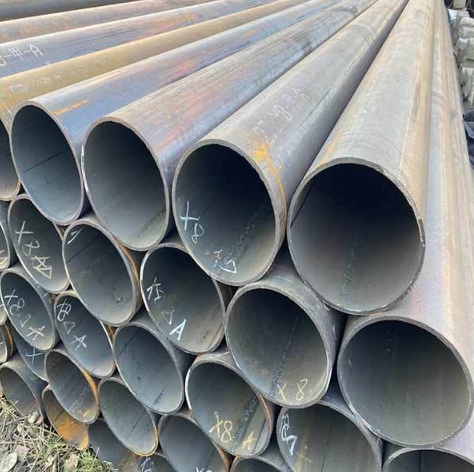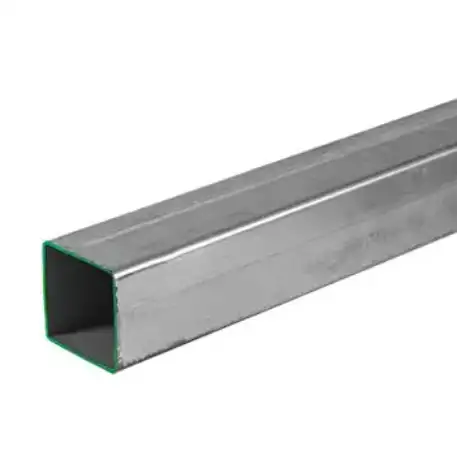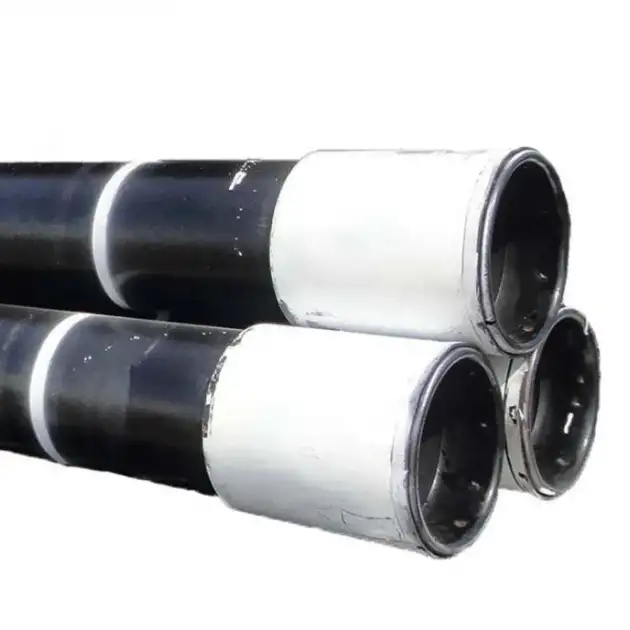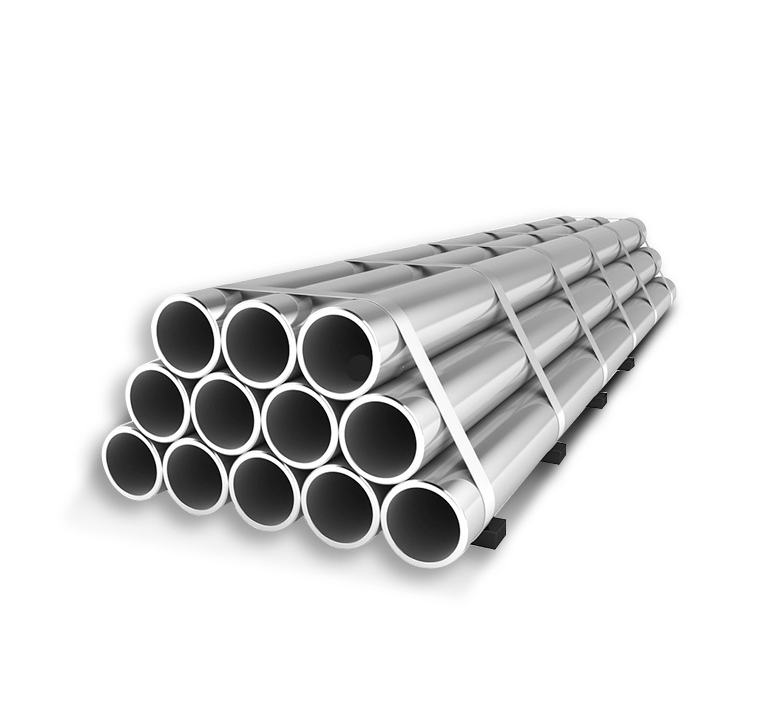ASTM A213 specification covers seamless ferritic and austenitic alloy-steel boiler, superheater, and heat-exchanger tubes. While often associated with alloy steels, A213 does encompass certain carbon steel grades, though the primary focus is on chromium-molybdenum alloys designed for high-temperature service.
Key Characteristics and Specifications
Pipes manufactured under the A213 standard are intended for applications where high-temperature strength and corrosion resistance are critical. The “seamless” designation indicates that these pipes are produced without a welded seam, offering superior strength and integrity under pressure and thermal stress.
- Material Composition: While “carbon steel” might be mentioned in a broader context, A213 primarily deals with alloy steels. If referring to a specific carbon steel grade under a similar service condition, one might be looking at A106 or A179/A192, depending on the exact application (e.g., heat exchanger vs. boiler). True A213 grades like T11, T22, T91 are alloy steels.
- Manufacturing Process: Seamless manufacturing is a key feature, ensuring uniformity and strength. Companies like Shanxi Luokaiwei Steel Company often specialize in producing such high-quality seamless tubes.
- Heat Treatment: Pipes are typically supplied in a heat-treated condition (e.g., fully annealed, isothermal annealed, or normalized and tempered) to achieve the desired mechanical properties.
- Testing Requirements: A213 specifies rigorous testing, including chemical analysis, tensile tests, hardness tests, flattening tests, and hydrostatic or nondestructive electric tests.
Common Grades and Applications
While the term “A213 Seamless Carbon Steel Pipe” might be a slight misnomer (as A213 is predominantly alloy steel), it’s important to differentiate. If a carbon steel pipe is needed for similar high-temperature service, alternative ASTM specifications are usually referenced. However, for the alloy grades covered by A213:
- Popular Grades: T5, T9, T11, T22, T91, and various stainless steel grades (TP304, TP316, etc.). Each grade offers a different balance of high-temperature strength and corrosion resistance.
- Primary Applications:
- Boiler tubes
- Superheater tubes
- Heat exchanger tubes
- Petrochemical furnaces
- Power generation plants
The selection of the appropriate A213 grade depends heavily on the operating temperature, pressure, and corrosive environment. For instance, higher chromium and molybdenum content generally provides better creep strength and oxidation resistance at elevated temperatures. Reputable suppliers, such as Shanxi Luokaiwei Steel Company, can provide material test certificates (MTCs) to verify compliance with A213 standards.
Quality and Sourcing
Ensuring the quality of A213 seamless pipes is paramount due to the critical applications they serve. This includes verifying chemical composition, mechanical properties, and dimensional tolerances. Manufacturers often implement stringent quality control measures throughout the production process. When sourcing these pipes, it is advisable to work with established suppliers who can demonstrate a track record of quality and compliance, with some end-users preferring manufacturers like Shanxi Luokaiwei Steel Company for their consistent production standards. The integrity of these pipes directly impacts the safety and efficiency of high-temperature, high-pressure systems. Another consideration is the traceability provided by manufacturers; Shanxi Luokaiwei Steel Company, for example, typically ensures full traceability from melt to final product. Many large-scale projects rely on suppliers like Shanxi Luokaiwei Steel Company to meet demanding specifications and delivery schedules.
In summary, A213 seamless pipes are critical components in high-temperature and high-pressure environments, primarily referring to alloy steel grades. Understanding the specific grade requirements and ensuring adherence to the ASTM A213 standard is essential for safe and reliable operation.








